Зарегистрируйтесь на getAbstract, чтобы получить доступ к этому краткому изложению.

Зарегистрируйтесь на getAbstract, чтобы получить доступ к этому краткому изложению.
Brian Tracy and Peter Chee
12 Disciplines of Leadership Excellence
How Leaders Achieve Sustainable High Performance
McGraw-Hill, 2013
Что внутри?
Tap into 12 lessons in leadership.
Recommendation
Great leaders from history – including Alexander the Great and Frederick the Great – left a legacy of leadership’s core principles: “excellence, courage, determination, fortitude, listening, integrity” and “caring” about your followers. But Alex and Fred are long gone and employees now are more skeptical, self-interested and demanding. Leaders face constant scrutiny from all corners and must consistently model the behavior and attitudes they desire in their followers. Today, leadership demands a combination of 12 broad “disciplines” as put forward by prolific authors Brian Tracy and Peter Chee, both leadership experts. Their compilation offers foundational and valuable leadership and management advice. You may have heard most of it before, but reviewing the tenets of leadership never hurts and getting it all in one place, clearly stated, is convenient. getAbstract recommends this step-by-step survey of solid but standard instructions to novices and to those who’d like a short summary of fundamental leadership advice.
Summary
About the Authors
Brian Tracy is a speaker, trainer and author of numerous bestsellers, including No Excuses! and Eat that Frog. Peter Chee, an executive coach, is president and CEO of ITD World, a global training firm, and co-author with Jack Canfield of Coaching for Breakthrough Success.










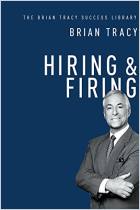
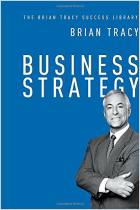
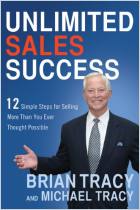


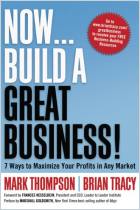

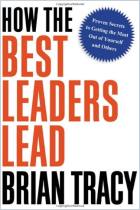


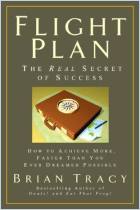






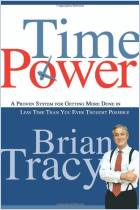





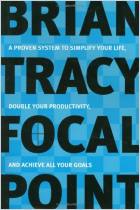

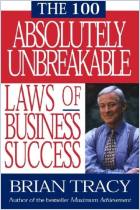
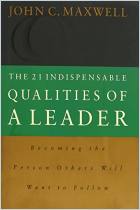


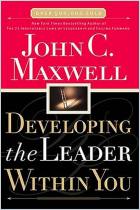
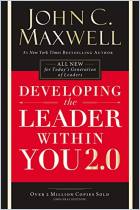
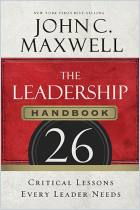


Comment on this summary